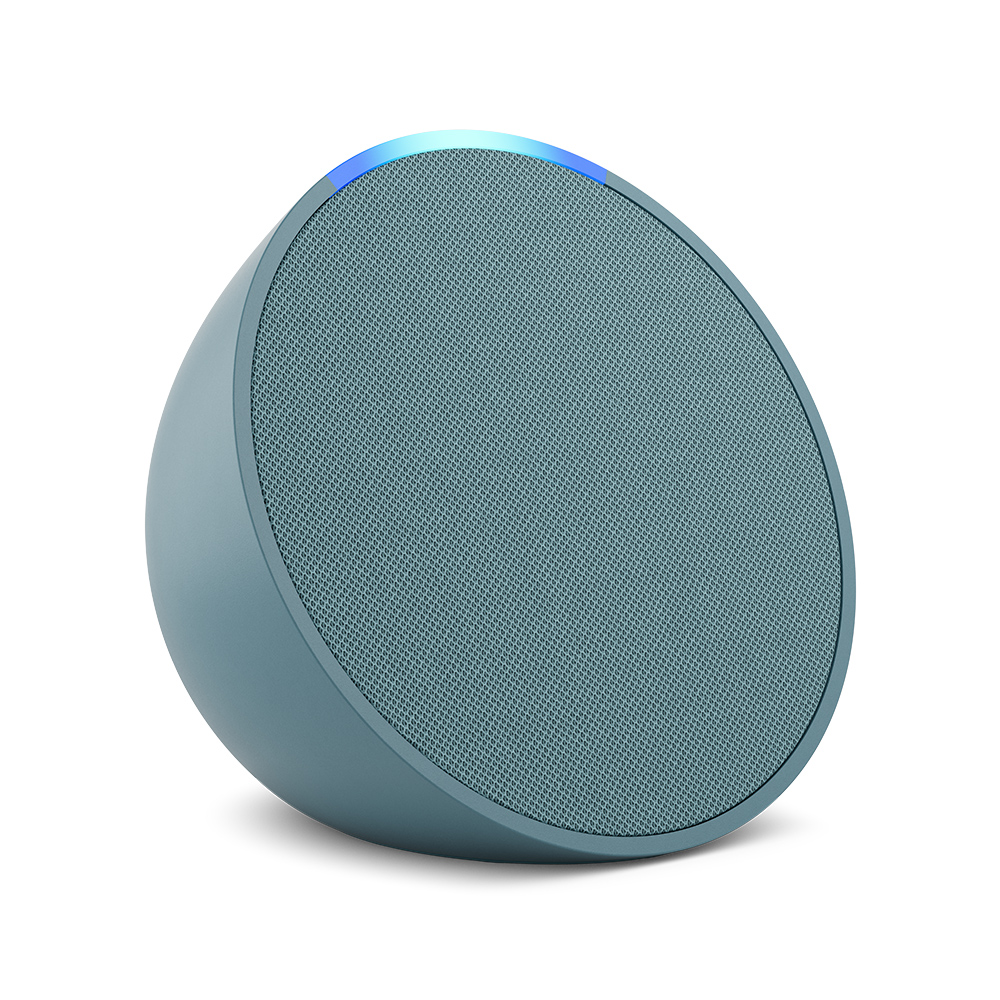Amazon Alexa is more capable than ever amid rising demand for AI assistants
With the ability to entertain, as well as keep people organised and connected, Amazon Alexa’s capabilities are ever-increasing as consumer appetite grows for AI-powered personal assistants.
BRANDVOICE

Amazon’s Alexa was the first encounter many consumers had with a virtual assistant that could hold a fluent conversation. Her friendly and no-nonsense persona quickly became a ubiquitous helping hand in millions of living rooms around the world.
With the explosion of artificial intelligence into consumer awareness, and as younger generations in particular become more comfortable with intuitive and personalised AI experiences, today’s Alexa wears a lot more hats than she used to. She reminds kids to turn off their tablets, turns on the house lights at sunset, entertains guests, keeps people organised and even helps out with the cooking.

Launched ten years ago in the United States and four years later in Australia – and inspired by the AI character Computer in sci-fi series Star Trek–Alexa is now available in 43 countries and in 16 languages through hundreds of millions of Alexa-enabled devices.
She contains more than 30 sophisticated machine learning systems complemented by a large team of intelligent humans, making her one of the most complex and advanced AI applications in the world.
Kate Gooden, country manager for Amazon Alexa in Australia and New Zealand, describes the lengths Alexa goes to in accommodating often contradictory opinions and assumptions across disparate nations and cultures.
In New Zealand, Amazon Alexa will tell you that New Zealanders invented pavlova and that the All Blacks are the world’s best rugby team. She also uses the term ‘chilly bin’ to describe an insulated box full of ice, says Gooden – a New Zealander who has lived in Australia for more than 20 years.
In Australia, conversely, Australians invented the pav and keep their beers in an esky, Amazon Alexa avoids triggering Wallabies fans with loose talk about that other team, and she can correctly spell and pronounce Woolloomooloo.
“All those things are uniquely local and they’re very important to people,” Gooden says. “It goes a long way to helping customers feel comfortable and trust what they’re interacting with.”
Growing appetite for AI assistants

Artificial intelligence may already feel ubiquitous, but its role in society is only beginning. Amazon research conducted in partnership with McCrindle found only three in ten Australians consider themselves AI savvy.
In fact, 86% of Australians don’t even realise they are interacting with AI every day, despite 68% using it to navigate, stream music and television, and engage with smart home devices.
Yet Australians with busy lives did see potential benefits from AI such as faster access to knowledge, eliminating repetitive tasks and improved productivity, suggesting a willingness for deeper take-up.
As the appetite for AI assistants grows, Amazon continues to increase Alexa’s capabilities in its goal to build the world’s best personal assistant.
Gooden sees Alexa’s role evolving from simple transactions (‘turn on the balcony light,’ ‘play Claude Debussy’s Arabesque No.1’) to deeper conversational elements (‘I’ve got chicken thighs, a zucchini, tinned tomatoes and some spices, what can I cook for dinner?).
But as Alexa’s capabilities grow, so do Amazon’s responsibilities, Gooden says, and privacy has been a strong focus from the beginning.
“The hardware from the start has had buttons like the mute button and camera cover so they can turn the device off when they like,” Gooden says. There are also kids’ safety features like explicit language filtering, and the ability to browse and manage your voice history.
“We are in a really intimate setting in peoples’ homes and the customer trust and privacy element has been the number one job to do from day one.”
To learn more, visit amazon.com.au/meetalexa